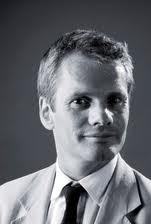Men and Pornography
GUEST POST by Ger Murphy Jack(56) came to see me at my psychotherapy practice some months ago complaining of depressive episodes and lack of motivation. As he spoke he revealed that he had been experiencing strong feelings of loneliness and isolation following his wife’s recent work changes, which meant she had taken on a demanding … Read more



